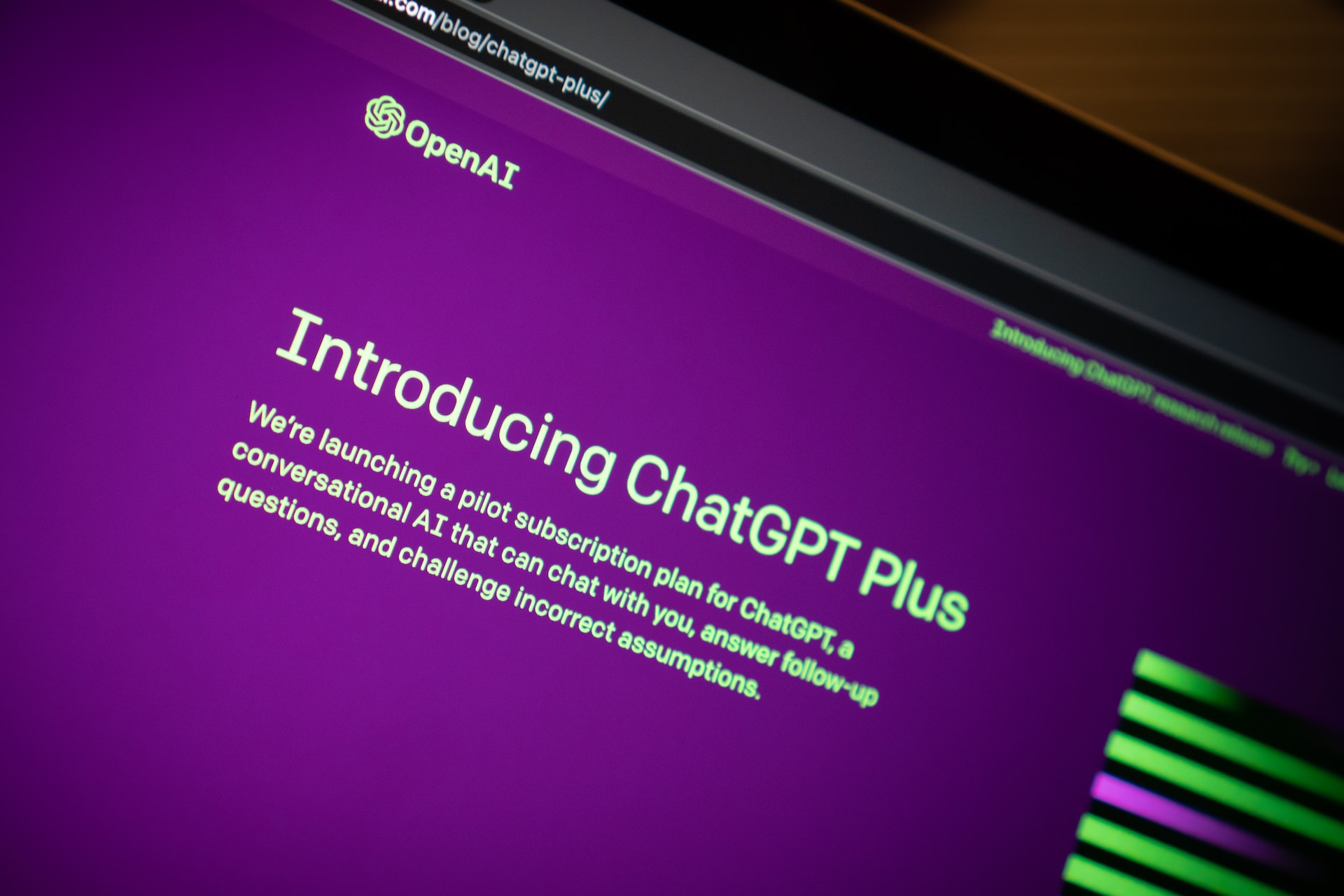In recent months our newsfeeds have been dominated by articles about the capabilities of AI such as ChatGPT and the ways in which it could help streamline our work, but just how good is it? Could it advise you as well as a qualified solicitor?
We thought we would put ChatGPT to the test. Imagine an employee hands in their resignation and you find out they’ve shared your confidential information with a competitor, what can you do?
ChatGPT prefaces its response by saying that it’s not a lawyer, but it can give you a general idea of what you might do. Here’s what it suggests (in order):
- Preserve the evidence and do so in line with your internal data protection and privacy policies.
- Notify your legal department or instruct professionals so they can guide you through the process.
- Review their contract and any confidentiality agreements to see what specific obligations they’re subject to. (So far, so good.).
- Suspend their access to systems to prevent further leaks.
- Conduct an internal investigation.
- Notify your competitor and demand they cease and desist.
- Consider legal action against your employee and the competitor.
Whilst suspending the employee’s access, contacting the competitor directly, and considering legal proceedings are all things that we will have in mind when advising, they are drastic measures to suggest given the limited information provided.
In our scenario we’ve assumed that the employee is currently serving out their notice and so asked ChatGPT if we could still revoke their access, it suggested we take the following steps:
- Review their employment contract to see if there is a right to remove access.
- Check company policies for similar provisions.
- Seek legal advice.
- Limit access during their notice period rather than revoke it entirely.
On the face of it ChatGPT has outlined plenty of options, but it’s notable that at all stages ChatGPT reiterated the need to seek professional advice. We wonder whether an employer would feel confident dealing with this employee on their own armed only with ChatGPT’s suggestions.
One the biggest drawbacks of ChatGPT is that it can only answer questions using the information provided, the platform isn’t yet so sophisticated that it asks its own questions to draw out vital information. As a result, the advice you get is very generic and could even harm your position.
Following ChatGPT’s advice above, you might revoke the employee’s access to systems but fail to suspend them from work or place them on garden leave. In some circumstances this might entitle the employee to submit a second resignation, this time without notice citing constructive dismissal. If an employee is constructively dismissed all obligations in their contract cease to be binding; including post-employment restrictions. Whilst you have good reason for suspending their access, doing so in this way can weaken your position should you decide to pursue the employee or your competitor at a later date.
So, could ChatGPT advise you as well as a qualified solicitor?
It can certainly give you answers quicker (our conversation lasted less than 5 minutes) but the trade-off is that the guidance you get isn’t specific to your circumstances and if followed, may even make things worse.
The above is a brief summary of ChatGPT’s responses, you can read the full thread here. We’d love to hear your thoughts on the response or even some of your own conversations with the platform!
(July 2023)
